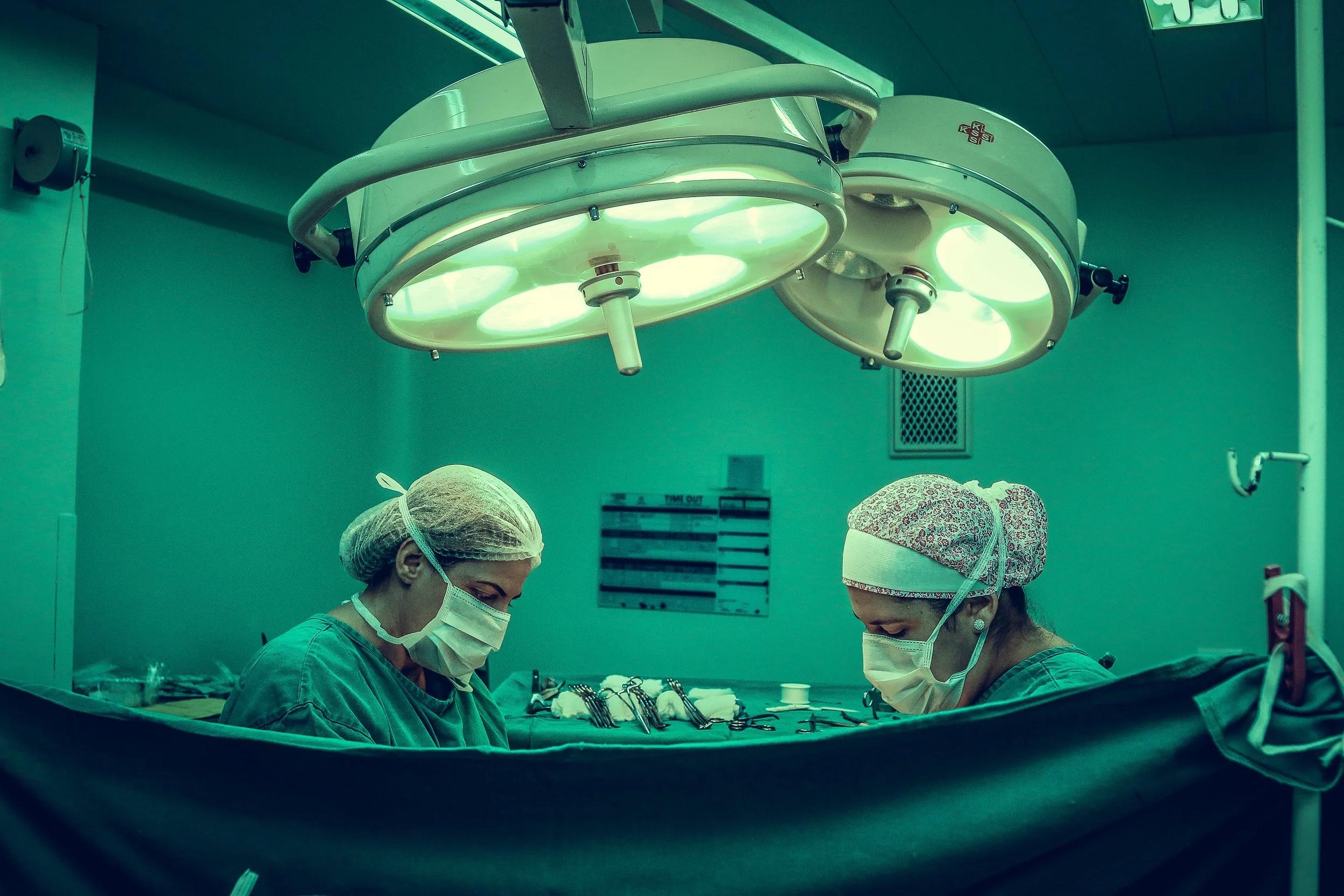What I’ve Learned After A Decade With Fibroids And 3 Surgeries…
You may already know that I got into women’s health because of my own journey with fibroids.
I was diagnosed in my early 20s and have had 54 fibroids removed. I’ve had 3 open abdominal surgeries.
My journey inspired me to specialize in pelvic health to help women recover after these major surgeries. I’ve been building my practice since June of 2018, and today, I specialize solely in rehabilitation + return to fitness after hysterectomy, myomectomy, + endo excision surgery.
When I began my practice, I was quite movement and fitness focused (still am), but the longer I’ve lived with fibroids and the more women I had the chance to help, the more I’ve realized it’s bigger than that.
While I don’t personally struggle with pain, prolapse, or incontinence issues, I have struggled with things like belly fat accumulation, pelvic floor tension, fatigue, and energy issues. Any and all of these things are issues we’re vulnerable to because of fibroids + the related surgeries. This stuff is MAJOR and incredibly stressful for our bodies.
Anyway... here are the biggest things I’ve changed about my clinical practice and personal healing journey:
Addressing physical relaxation: muscles + fitness can’t be effective if your body can’t relax. I incorporate tools like breathwork, myofascial release, and nervous system down regulation personally + professionally. Think of this as your personal reset toolbox; different things work for different people. You just have to start experimenting.
Balancing exercise intensity: I used to workout too hard, too often. This kept my body in “fight or flight” when what we need for healing is more “rest and digest.” Fitness should support your health, not beat the crap out of you. Since beginning a more balanced approach, my body feels better, my sleep is better, my mood is better, + my energy is higher.
Grounding: Putting your actual body on the earth is truly powerful. Go outside and put your hands or feet in the grass, dirt, or sand. Here’s a study on the healing impacts of grounding.
Supplements: I used to be a supplement hater, of the mind that if it’s not fully evidence-based and well-researched, it’s not worth trying. You can get it all from food. I’ve changed my mind. Unfortunately, our food supply is… not good. Here are the supplements I take; I cannot guarantee they are right for you:
Magnesium glycinate for sleep quality + muscle function
Ashwagandha for stress buffering
Vitamin D/K2 because I have low vitamin D
Curcumin is for inflammation management. I have had high inflammation markers since having had two surgeries in one year.
A vitamin B complex
Movement quality > Stability > Strength: I come from a background as a strength athlete and have coached Crossfit for years. I’ve learned about the impacts of poor movement quality. Quality comes first, and then you build strength on top of that. After surgery specifically, you want to look out for movement compensations from decreased core stability, lack of activity before surgery, tension in the abdomen from the incision, etc. When I evaluate clients, we look at a variety of movements, including flexion, extension, rotation, squatting, hinging, and so on, to ensure movement quality is intact. The full list is over 20 items long!
*Disclaimer: None of this is medical advice. These are just the most powerful things I’ve changed, which have me feeling better than ever… They may not be for you.
That said… I am still a HUGE advocate for fitness & resistance training, obviously. I’ve just learned a ton about how to do fitness even better.
To learn more about how I can help you, reach out to me here!


